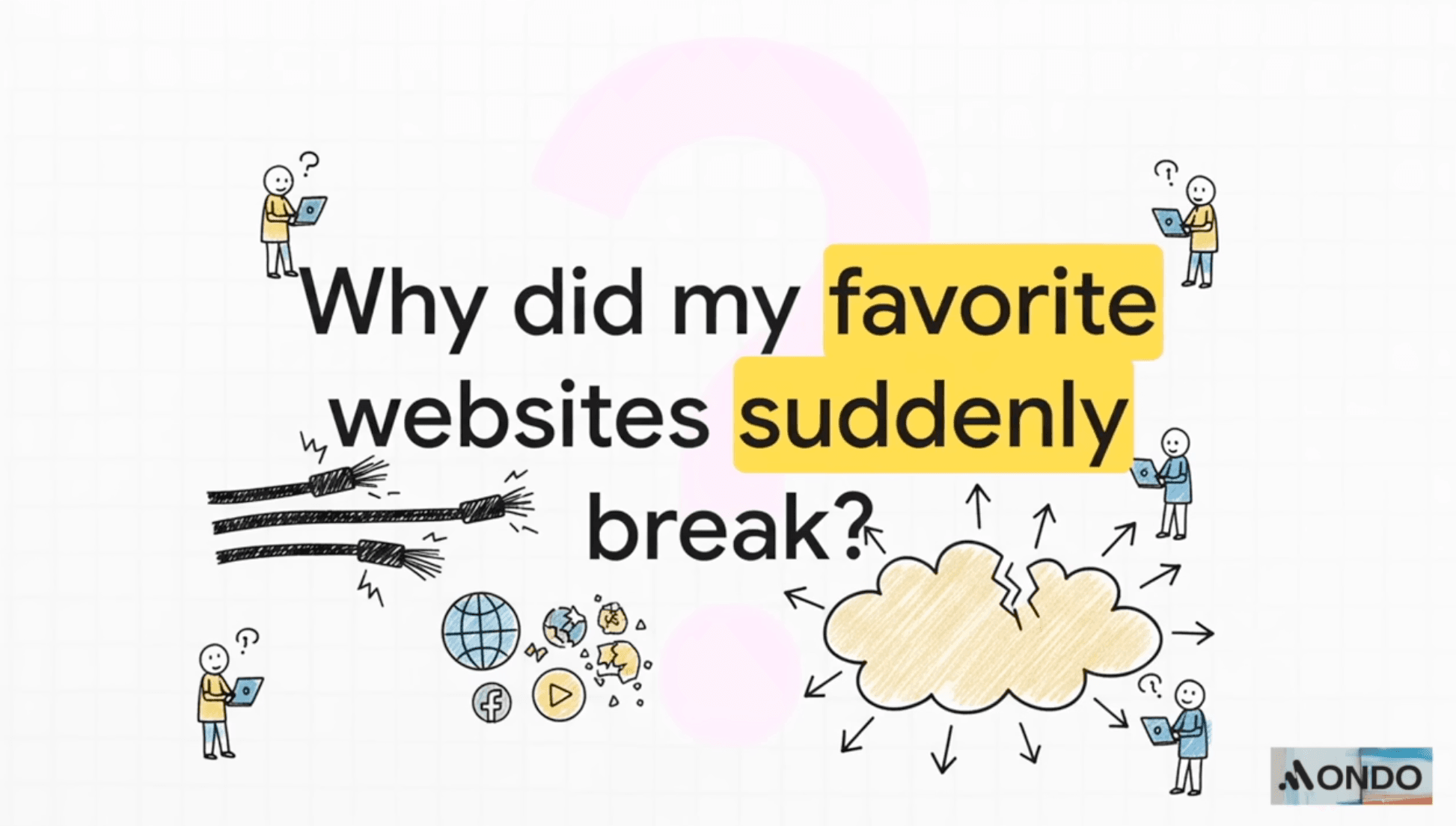When Should You Speak Up?

–
Growing up in a conservative Asian culture, I know well enough about staying silent to be polite and submissive, and keeping opinions to oneself instead of speaking one’s mind.
Although sometimes it is a good idea to keep quiet, at other times it is actually a good thing to voice our opinions. So, when should we speak up and when should we not?
If you have developed the habit of burying your feelings and needs to avoid conflict or not draw attention to yourself, then maybe it is time for you to practise speaking up more.
Evaluating the situation
In her article in Psychology Today, Susan Biali Haas, M.D. suggested that when you identify that you need or want to say something, ask yourself these questions: Is it a good time? Will the person listen? How can you speak, in order to be heard? If you have satisfactory answers for all three questions, then you should say something.
Dr Biali Haas further explained that in an emotional exchange, the truth might suddenly come out, which is a good thing, but it is better to speak the truth in a calm state.
So, when speaking, try to cultivate a tone of voice that is calm and helps to carry your point across. It will ensure that your thoughts are well received and respected.

The dilemma of speaking up
“I’ve asked people all over the world about this dilemma of speaking up: when they can assert themselves, when they can push their interests, when they can express an opinion, when they can make an ambitious ask,” says social psychologist Adam Galinsky in his TEDx talk.
Dr Galinsky gave examples of common dilemmas faced by people around the world daily, “Can I correct my boss when they make a mistake? Can I confront my colleague who keeps stepping on my toes? Can I challenge my friend’s insensitive joke? Can I tell the person I love the most my deepest insecurities?”
“From my experiences, I have learnt that each of us has something called a range of acceptable behaviour. The first thing we need to know is – what is my range? But the problem is our range isn’t fixed – it’s actually pretty dynamic. It expands and narrows based on the context. And there’s one thing that determines that range more than anything else, and that’s your power,” explains Dr Galinsky.
“The key thing is when we have lots of power, our range is very wide. But when we lack power, our range narrows. The problem is that when our range narrows, the low-power double bind is produced – if we don’t speak up, we go unnoticed, but if we do speak up, we get punished.”
Expanding our range
However, not all is lost. Dr Galinsky emphasised the need to find ways to expand our range. He shared that over the last few decades, he and his colleagues found two things that really matter. The first: you seem powerful in your own eyes. The second: you seem powerful in the eyes of others.
“When I feel powerful, I feel confident, not fearful. Thus, I expand my own range. When other people see me as powerful, they grant me a wider range. So we need tools to expand our range of acceptable behaviour,” he said.
“First of all, on average, women make less ambitious offers and get worse outcomes than men at the bargaining table. But there’s one situation where women get the same outcomes as men and are just as ambitious. That’s when they advocate for others. When they advocate for others, they discover their own range and expand it in their own mind. They become more assertive. This is sometimes called ‘the mama bear effect’. Like a mama bear defending her cubs, when we advocate for others, we can discover our own voice.”
“But sometimes, we have to advocate for ourselves. One of the most important tools we have to advocate for ourselves is something called perspective-taking. It’s actually really simple – you simply look at the world through the eyes of another person. It’s one of the most important tools we have to expand our range. When I take your perspective, and I think about what you really want, you’re more likely to give me what I really want.”
“Another way to be assertive but still be likable is to signal flexibility. My research shows that when you give people a choice among options, it lowers their defenses, and they’re more likely to accept your offer.”
“Now, another time we feel more confident speaking up is when we have expertise. Expertise gives us credibility. When we have high power, we already have credibility. We only need good evidence. When we lack power, we don’t have the credibility. We need excellent evidence.”
In conclusion
If you have been the quiet one in your office or your team, perhaps it is time to think about whether you should speak up more. Do not think of it as attention-seeking behaviour, as you might feel self-conscious at first. Think of it as becoming an active contributor. Other people can get to know you better too, when you share your outlook, ideas and opinions. Think of it as a win-win situation.
Watch the interesting and informative talk here:
–
Khor Hui Min is a writer, poet, nature lover, face painter, photographer, yoga enthusiast, and meditator. To connect with her, send an email to editor@leaderonomics.com.
Business





